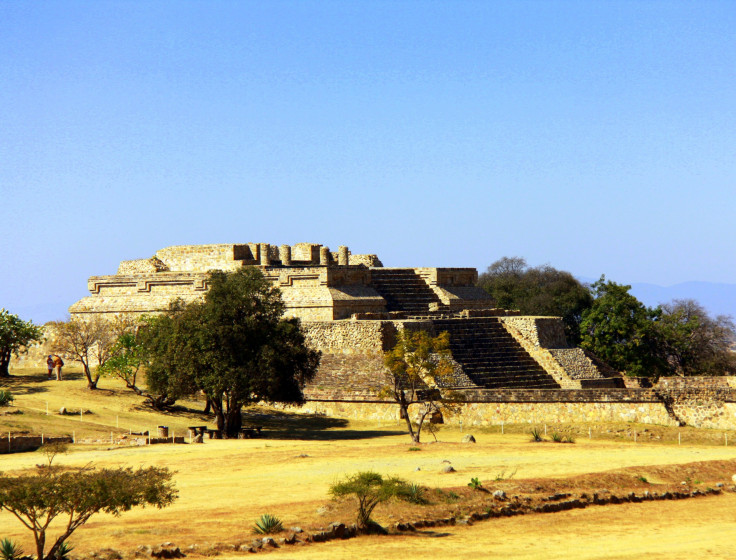Religion Has Been A Source Of Conflict For More Than 2,000 Years, Says Study Of Mexican Anthropological Sites

Scientists used to think that religion played a role in uniting early societies, but new research has turned that thinking on its head. Researchers at the University of Colorado and the University of Florida studied several Mexican archaeological sites dating as far back as 700 B.C. and found that religion was the cause of tension even back then.
Professors Arthur A. Joyce and Sarah Barber spent several years conducting field research in the several areas on Mexico’s Pacific coast, where they discovered that local religious rituals played a big role in helping small communities there develop connections.
In one area of Oaxaca, local religious rituals involving offerings and burials created strong ties within communities, preventing the formation of state institutions because religious conflicts between local groups impeded any kind of centralization.
In another area of Oaxaca, elite priests acted as intermediaries between people and their gods. This created tension between the priests, locals and local leaders.
“In both the Valley of Oaxaca and the Lower Río Verde Valley, religion was important in the formation and history of early cities and states, but in vastly different ways,” said Joyce, the lead author on the study. “Given the role of religion in social life and politics today, that shouldn't be too surprising.”
The researchers’ findings were published in the December issue of the Journal of Cultural Anthropology.
© Copyright IBTimes 2024. All rights reserved.











